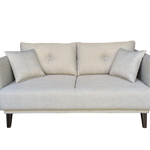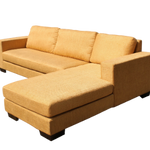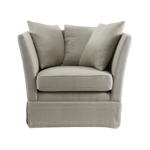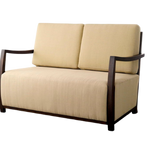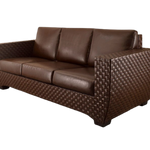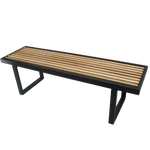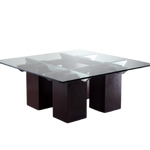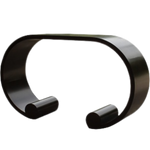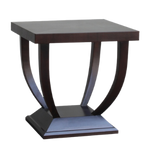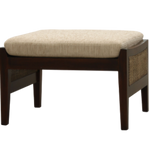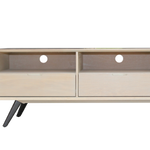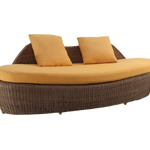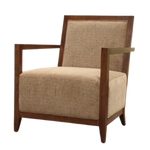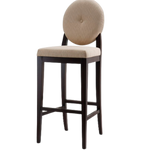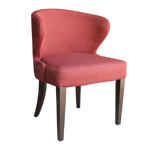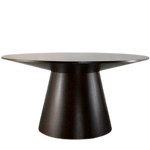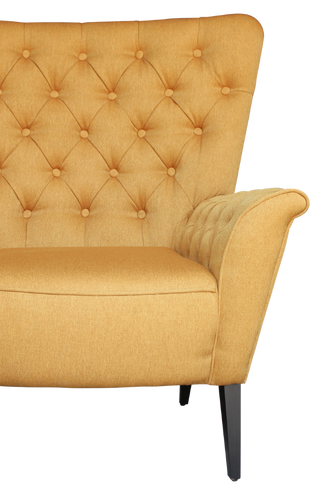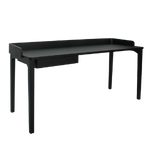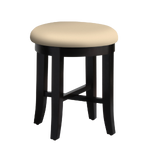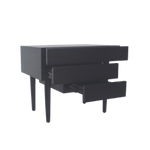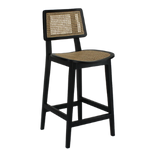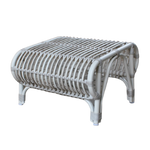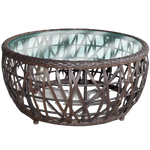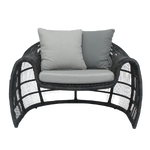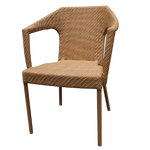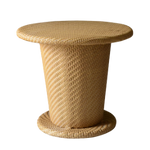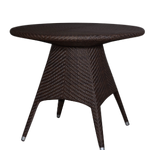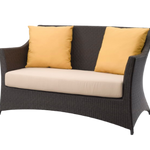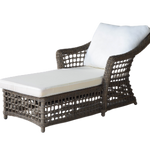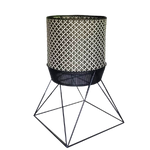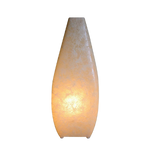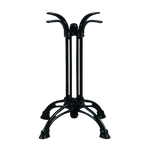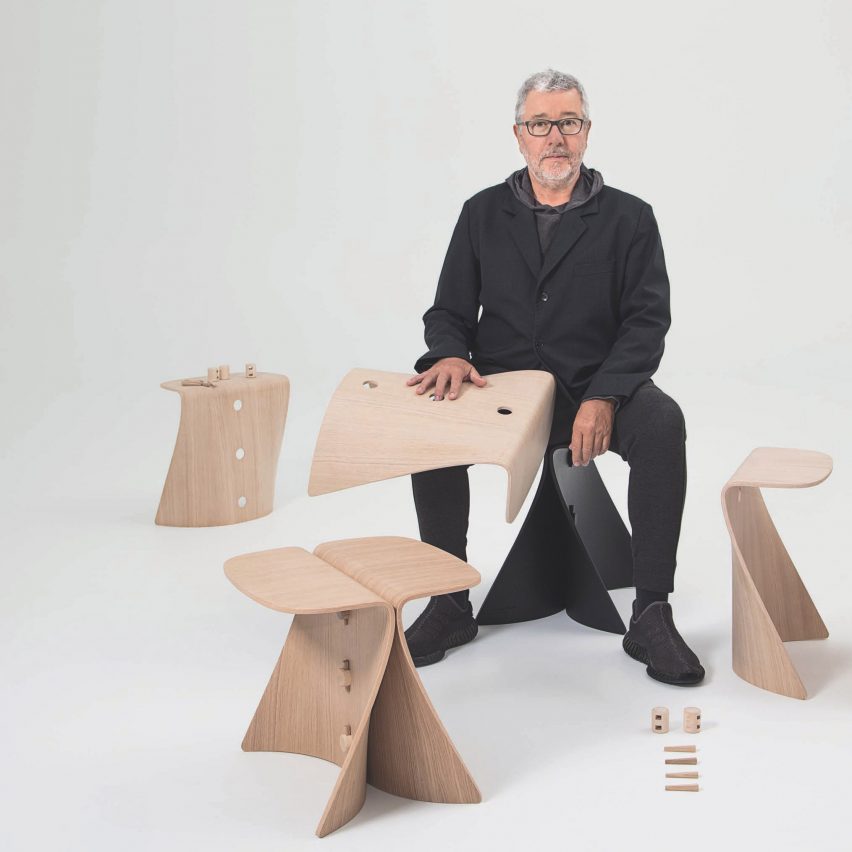
The next generation of designers will need to account for a crisis of sexuality and should aim for an asexual design language, French designer Philippe Starck tells Dezeen in this interview.
Speaking at the release of a new collection of furniture for Spanish brand Andreu World, Starck said that his designs have approached a variety of problems from the ecological to the social, but that the biggest challenge for contemporary design is sexuality.
“Asexuality will be the biggest revolution”
Starck’s Stories Collection for Andreu World features wooden furniture with soft edges that can be constructed from a pack without hardware, fitting together “like a puzzle”.
He said the collection is indicative of a durable minimalism that represents a more “asexual” design aesthetic.
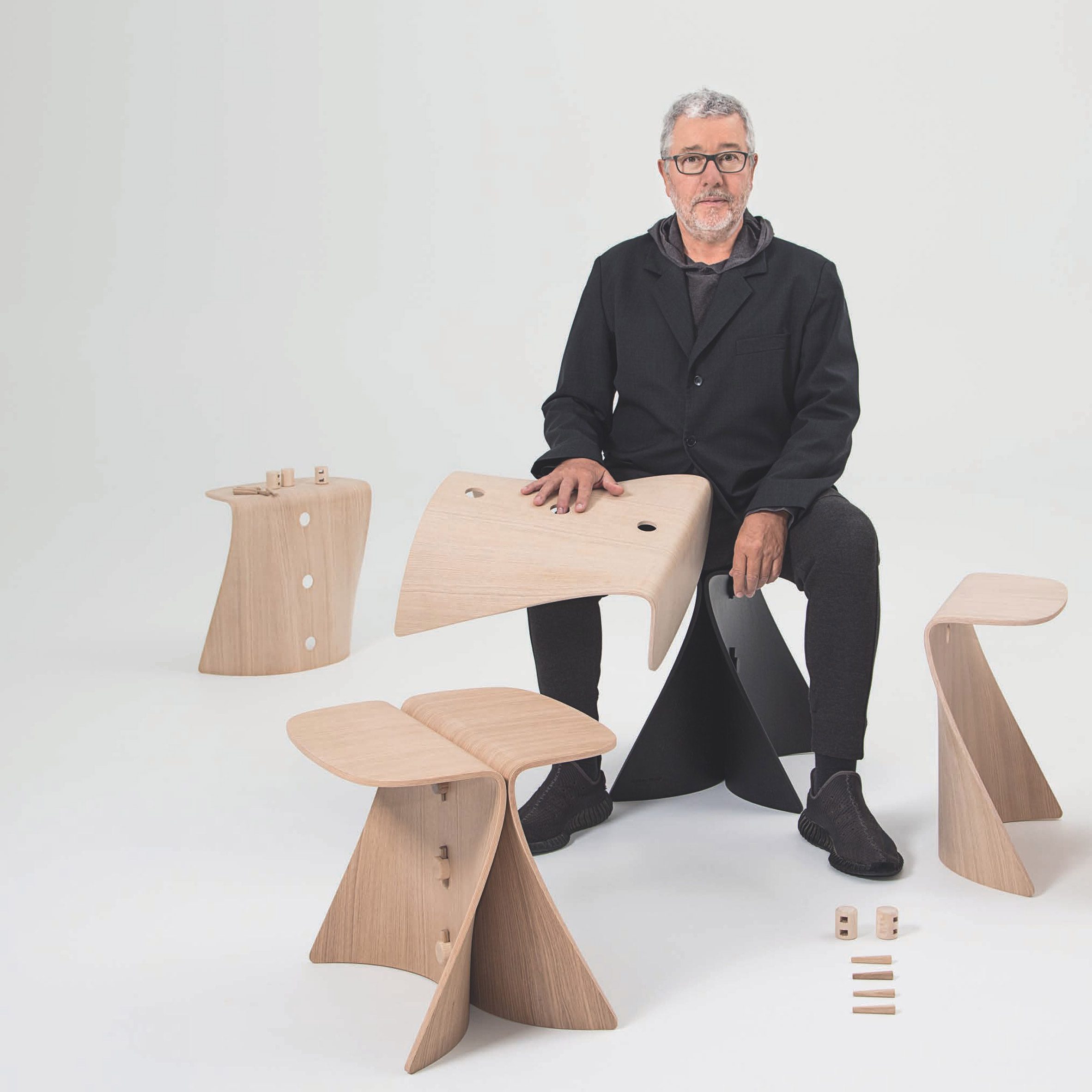
“I have fought all my life against macho products,” Starck told Dezeen, which he said has included making designs oriented towards women, but also people “not interested in sex”, seemingly in reference to gender identity.
“I have worked a lot to kill the macho side. To make products more woman-friendly and for 15 years, I’ve made products for gender-fluid.”
“I work a lot for the people not interested in sex,” he continued, citing his unisex perfume line, Peau d’Amour, as an example.
“Asexuality will be the biggest revolution because people today feel very alone,” he added. “That’s why, when I can, I try to design […] by taking sex completely out.”
“The market of asexuality will be so revolutionary because everything we have produced in the world is driven by sexuality, everything. What will be human production without sexuality? That is very, very interesting.”
Starck recently released a design for a skyscraper in Ecuador. Asked about the well-known phallic connotations of the form, he responded by saying that “Dubai is obsolete.”
“This type of city was made for bad reasons, made to show power, to show money, mainly to wash money,” he added.
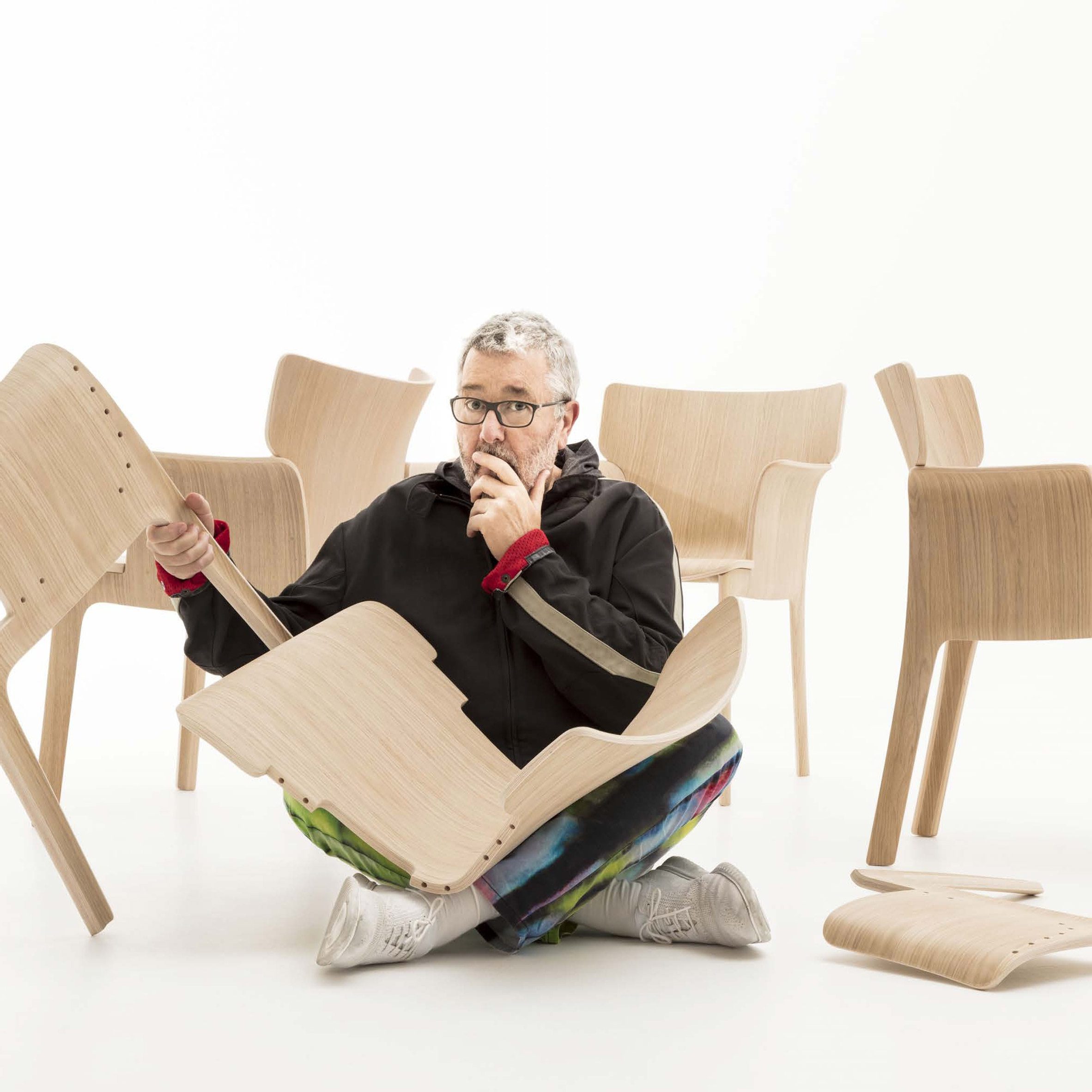
Besides his interest in design less influenced by sex and gender, Starck said that he is still focused on ecological and democratic design as demonstrated by his recent work for Andreu World.
The furniture collection is constructed using plywood, with no glues or screws. He insisted that through this design he has arrived at “the maximum of ecology to a piece of furniture”.
According to the designer, this line and others, like his series of bioplastic chairs for Kartell, are addressing the problem of affordable furniture that is not made of plastic.
Plastic “not good”
“I have made my career with plastic because it was the most ecological product – because when you used something created by humanity, which comes from fossils, and you don’t kill trees, or you don’t kill animals, it’s super moral,” he said. “Now we know it’s not good.”
Starck said that his drive to keep creating furniture despite questions of overproduction arises from the need to continually solve new problems, of which the sexual, ecological and affordable are just a few.
“You want to make something which you can be proud of – to make things well,” he said.
Starck has also recently revealed designs for a school in Qatar and a furniture line for Italian homeware brand Alessi.
The photography is courtesy of Andreu World.
Dezeen In Depth
If you enjoy reading Dezeen’s interviews, opinions and features, subscribe to Dezeen In Depth. Sent on the last Friday of each month, this newsletter provides a single place to read about the design and architecture stories behind the headlines.
The post “I have fought all my life against macho products” says Philippe Starck appeared first on Dezeen.
